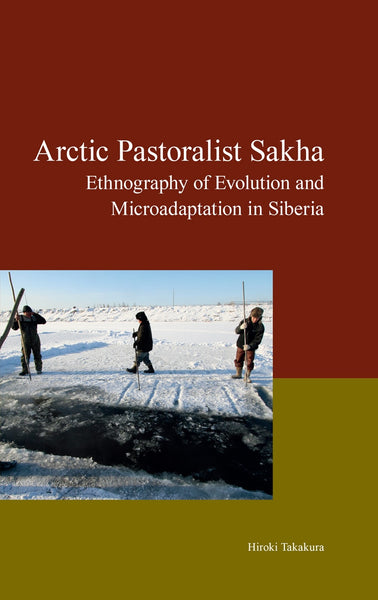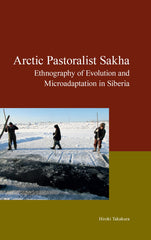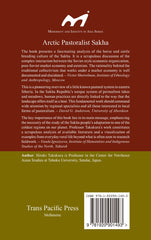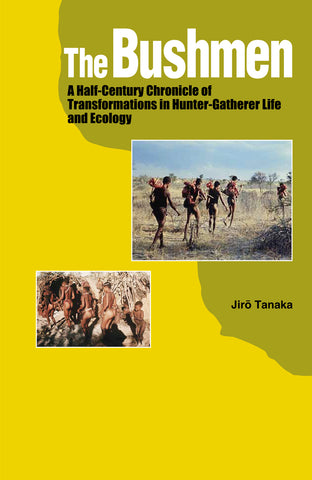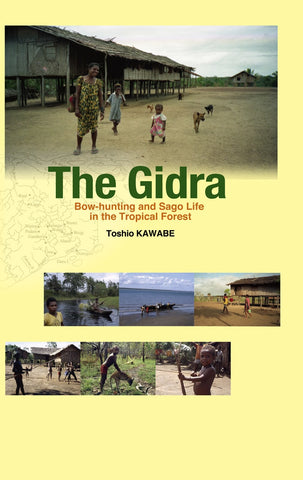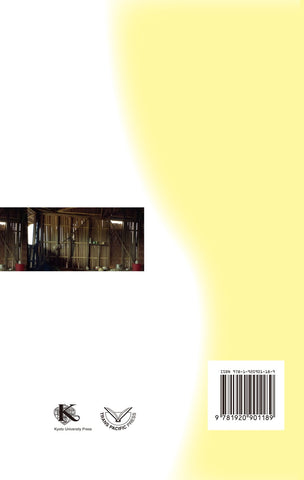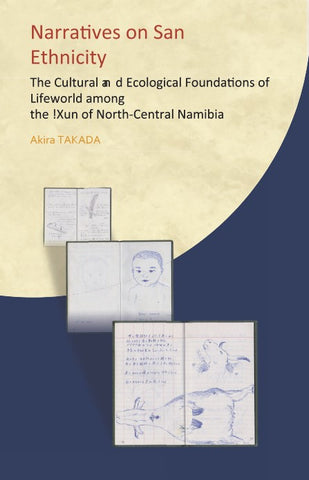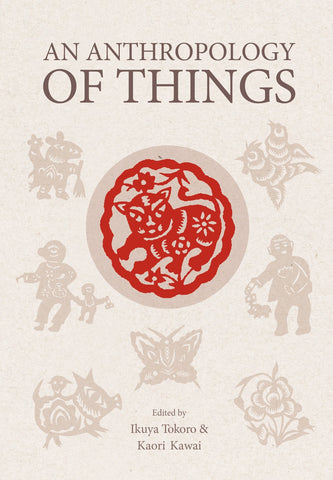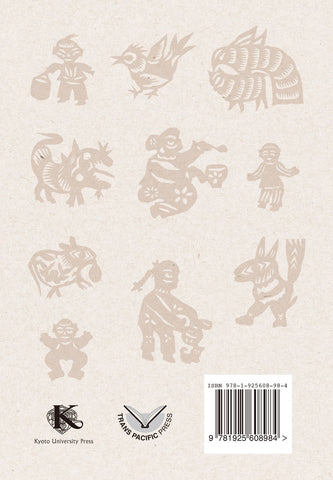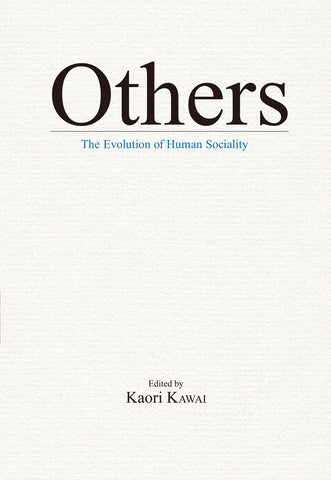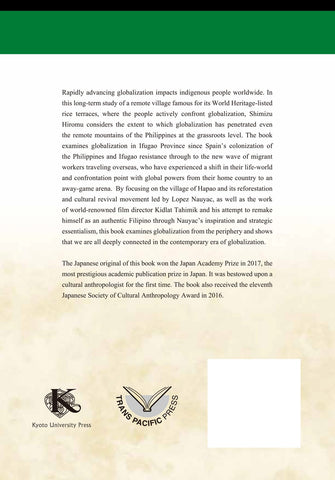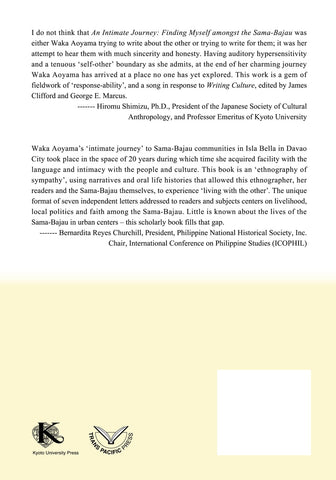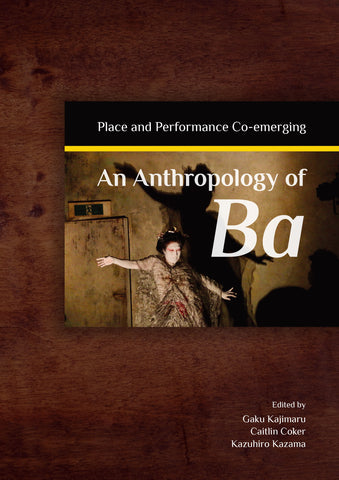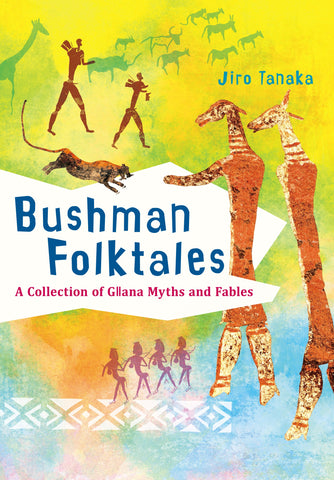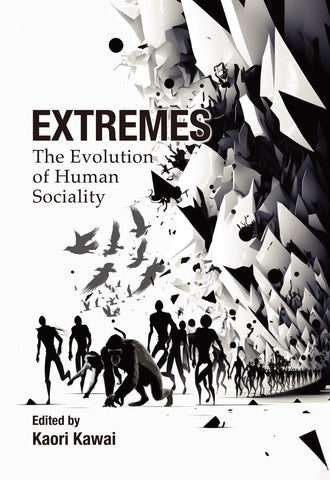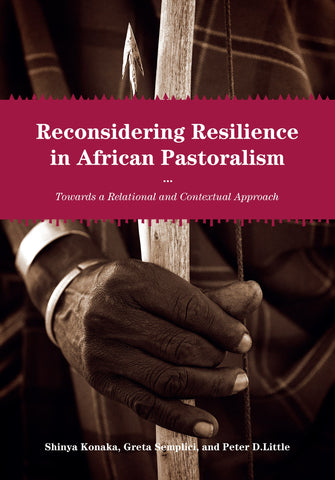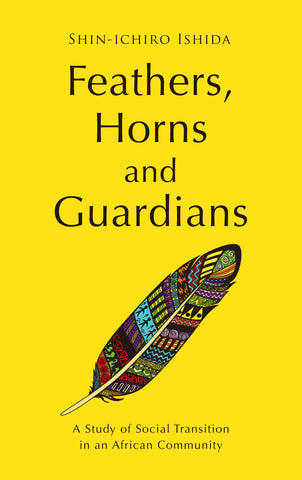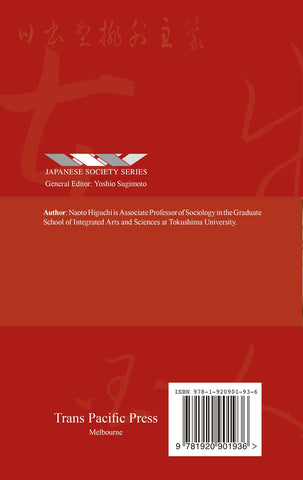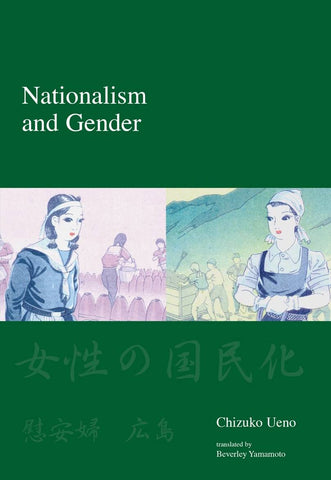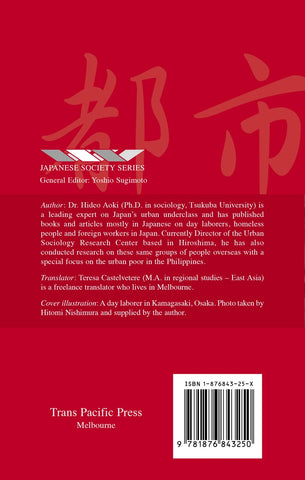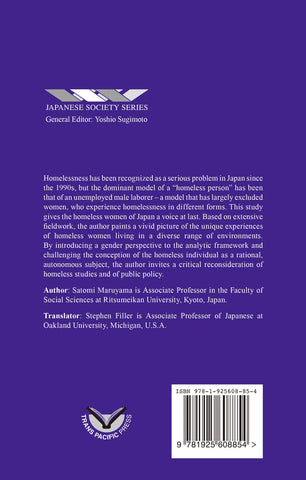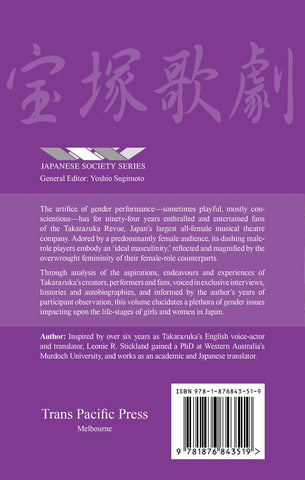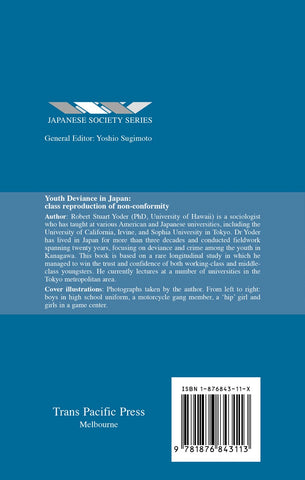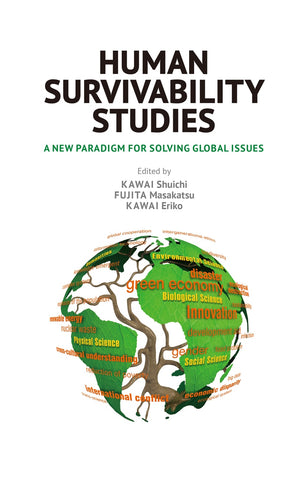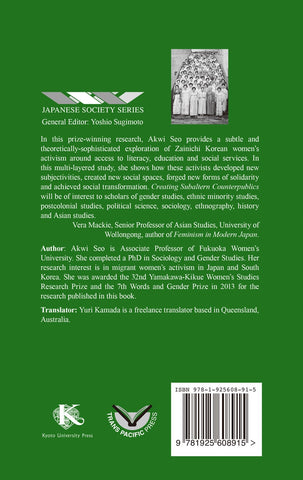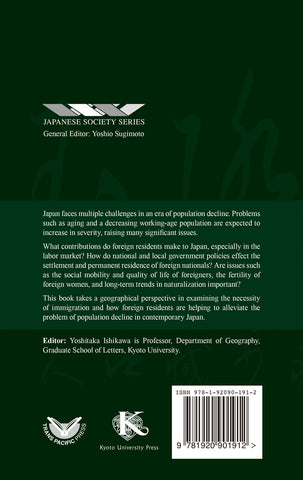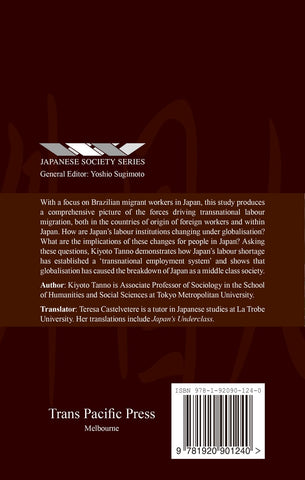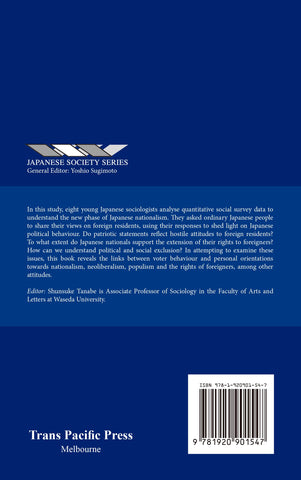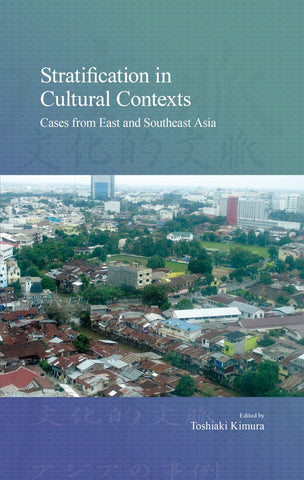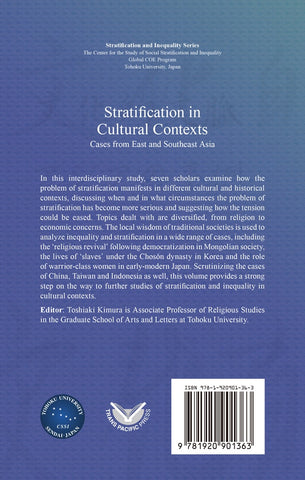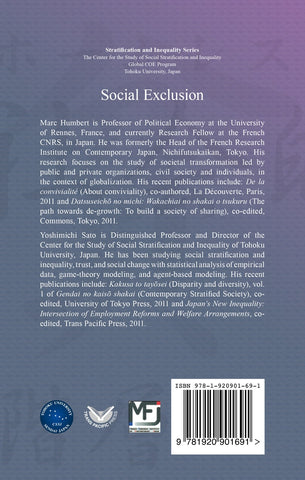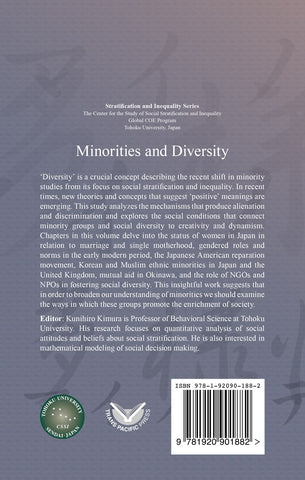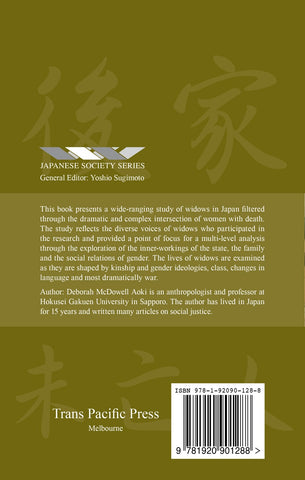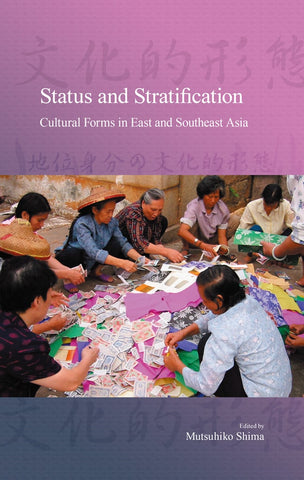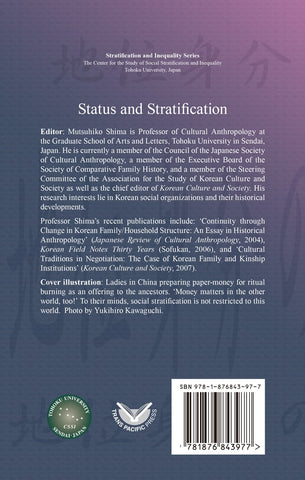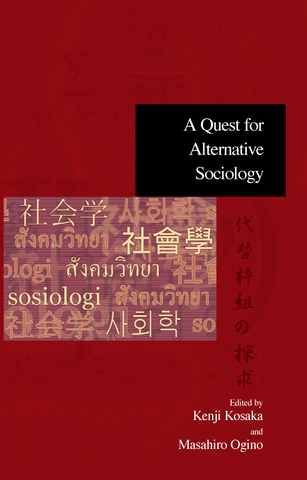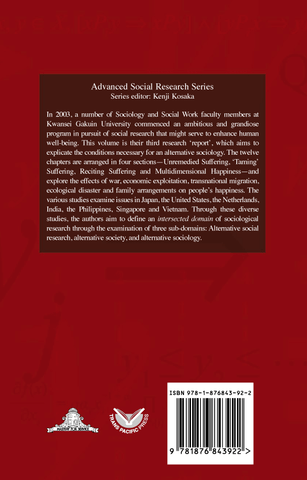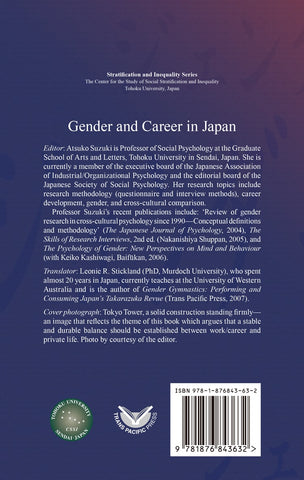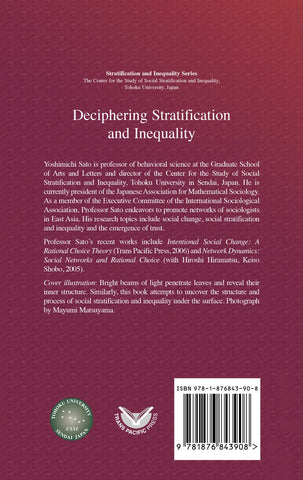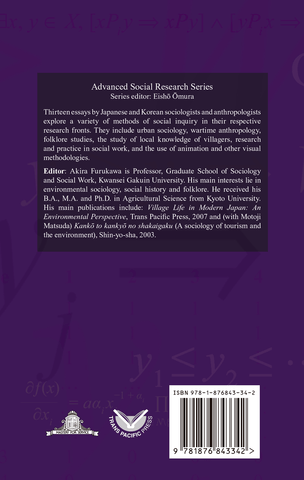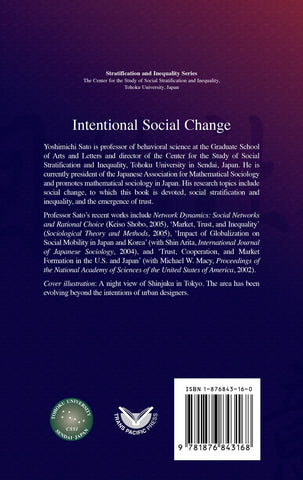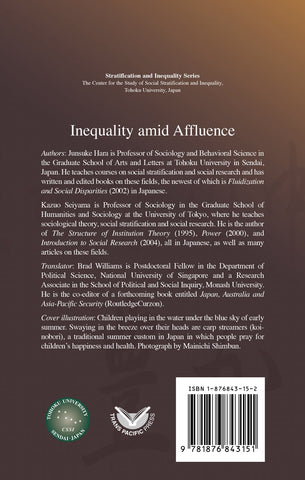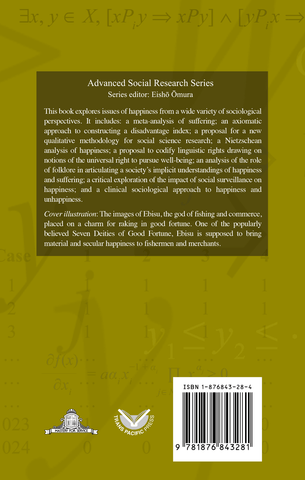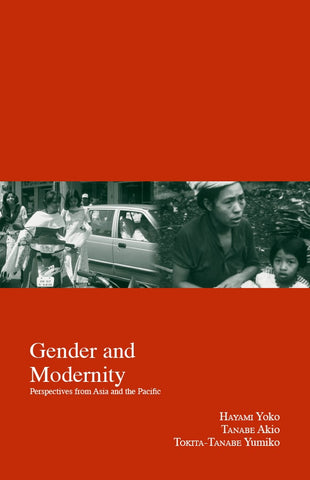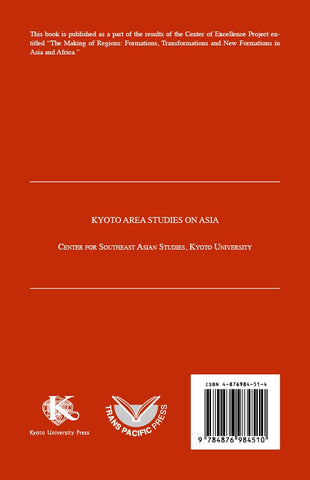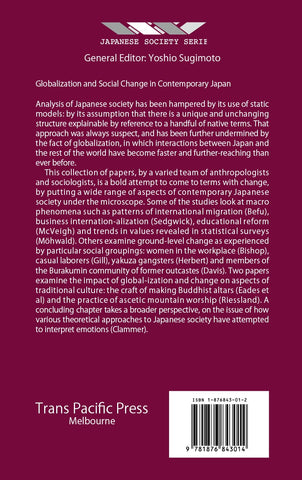Shop by Areas »
Shop by Category »
Arctic Pastoralist Sakha
Many In Stock
The Sakha - traditional cattle and horse pastoralists and one of the largest ethnic minorities in Siberia - hold a unique position in human adaptation. This book focuses on the cultural history, productivity, and flexibility of the human-nature relationships long cultivated by the Sakha, and studies the lives of the Sakha in post-socialist Russia. Hiroki Takakura analyses how a culture was formed and experienced changes, and how it is maintained today, and combines multiple anthropological perspectives to illustrate how the Sakha have adapted as their society has become increasingly interconnected with global forces since the fall of the Soviet Union. As an ethnography of Sakha society - and of regional evolution and human adaptability in an Arctic environment - this book studies the formation of cultural diversity and uncovers unknown cultural histories in Asia across the Arctic.
Reviews
This is a pioneering overview of a little known pastoral system in eastern Siberia. In the Sakha Republic's unique system of permafrost lakes and meadows, human practices are directly linked to the way that the landscape offers itself as a host. This fundamental work should command wide attention by regional specialists and all those interested in local forms of pastoralism. -- David G. Anderson, U. of Aberdeen
The key importance of this book lies in its main message, emphasizing the necessity of the study of the Sakha people's adaptation to one of the coldest regions on our planet. Professor Takakura's work constitutes a scrupulous analysis of available literature and a visualization of examples from everyday rural life beyond what is often seen in research fieldwork. -- Vanda Ignatyeva, Inst. of Humanities and Indigenous Studies of the North, Yakutsk
"The book presents a fascinating analysis of the horse and cattle breeding culture of the Sakha. It is a scrupulous discussion of the complex interaction between the Soviet-style economic organization, post-Soviet market economy and animism. The rationality behind the traditional collectivism that works under a market economy is well documented and elucidated." -- Victor Shnirelman, Inst. of Ethnology and Anthropology, Moscow
About Editors and Authors
TAKAKURA Hiroki is Professor at the Center for Northeast Asian Studies (CNEAS), Tohoku University. He was born in Tokyo in 1968 and raised in Sendai City, Miyagi Prefecture, and Iwaki City, Fukushima Prefecture. After graduating from the Faculty of Humanities, Sophia University, he obtained his PhD in Social Anthropology from the Graduate School of Social Sciences, Tokyo Metropolitan University in 1999. Before his current position at CNEAS he was Assistant Professor at the Tokyo Metropolitan University. During that time, he was Visiting Associate Professor at the National Museum of Ethnology and Visiting Researcher at the Scott Polar Research Institute, University of Cambridge. He specializes in social anthropology and Siberian ethnography.
Related Books
-
Native Anthropology$34.95A major task in contemporary anthropology is th...A major task in contemporary anthropology is the creation of dialogic space among all the people concerned with the culture studied, without privileging one kind of discourse over another. Seen glo...
-
The Bushmen$99.95The Bushmen archives nearly 50 years of researc...The Bushmen archives nearly 50 years of research with some of Southern Africa's remotest groups. Author Jiro Tanaka's deep connection with his subject matter is evident through his insightful and o...
-
The Gidra$89.95For 25 years, author Toshio Kawabe and his coll...For 25 years, author Toshio Kawabe and his colleagues periodically lived and worked among the Gidra people of the tropical wet lowland of Papua New Guinea. In this book, Kawabe reports on a continu...
-
Narratives on San Ethnicity$44.95The !Xun are a San people living in the Kalahar...The !Xun are a San people living in the Kalahari Desert in Namibia, Botswana, and in Angola. In this book, the cultural and ecological foundations of ethnicity of the !Xun provide a case study for ...
-
An Anthropology of Things$42.95The aim of this book is to highlight the import...The aim of this book is to highlight the important roles that things play in our everyday lives by examining how things and humans interact. Based on ethnographical data from Asia, Africa, and Ocea...
-
Others$45.95As the sequel to Groups (2013) and Institutions...As the sequel to Groups (2013) and Institutions (2017), Others is the third work produced by a collaborative research project involving primatologists and anthropologists on the evolutionary histor...
-
Grassroots Globalization$47.95Rapidly advancing globalization impacts indigen...Rapidly advancing globalization impacts indigenous people worldwide. In this long-term study of a remote village famous for its World Heritage-listed rice terraces, where the people actively confro...
-
An Intimate Journey$79.95This work offers a comprehensive description of...This work offers a comprehensive description of the lives of the Sama-Bajau people based on ongoing ethnographic research conducted by the author in Davao City, the Philippines, for over two decade...
-
Anthropology of Ba$35.95Do places influence human behavior? In everyday...Do places influence human behavior? In everyday thinking, spaces and places are generally seen as empty vessels where human activity occurs. Digging a bit deeper, we can distinguish spaces from pla...
-
Bushman Folktales$59.95In the Kalahari Desert in southern Africa, tale...In the Kalahari Desert in southern Africa, tales tell of animals who talk to each other, deceive each other and easily transform themselves into human beings. The author, who has followed the lives...
-
Extremes$49.95Humans have always faced the threat of extincti...Humans have always faced the threat of extinction. This book takes a broad perspective of the ‘extreme’ conditions of human existence and survival to examine how extremes have forced humans to chan...
-
Reconsidering Resilience in African Pastoralism$39.99What does resilience mean? This is a question f...What does resilience mean? This is a question frequently asked and one that this book challenges and turns on its head. This book interrogates the increasingly overused concept of resilience by exa...
-
Feathers, Horns and Guardians$45.95The Îgembe region of Kenya is a rich agricultur...The Îgembe region of Kenya is a rich agricultural area on the equator, where people live in a unique time-world. Whenever a problem arises, people do not hasten to a conclusion, but ‘wait’ as a mea...
-
Affectus$54.95We are constantly being influenced and acted up...We are constantly being influenced and acted upon by various people, creatures and things, in other words, by beings outside our bodies. Taking Spinoza’s concept of ‘Affectus’ as a base, this book ...
-
Japan's Ultra-Right$39.95This book is a comprehensive account of the nat...This book is a comprehensive account of the nativist movement in Japan today. Naoto Higuchi uses the life histories of activists to establish that the basis of their support for the movement is the...
-
Nationalism and Gender$29.95This is written by a sociologist and Japan's "m...This is written by a sociologist and Japan's "most famous feminist", Chizuko Ueno. A discursive battle over how Japan's history should be remembered constitutes the most recent, and perhaps the mos...
-
Japan's Underclass$34.95Condemned by economic forces and the prejudices...Condemned by economic forces and the prejudices of others to remain forever in the underclass, the homeless and day laborers in present-day affluent Japan struggle to survive in its cities. Japan's...
-
An Intimate Journey$79.95This work offers a comprehensive description of...This work offers a comprehensive description of the lives of the Sama-Bajau people based on ongoing ethnographic research conducted by the author in Davao City, the Philippines, for over two decade...
-
Living on the Streets in Japan$35.95Homelessness has been recognized as a serious p...Homelessness has been recognized as a serious problem in Japan since the 1990s, but the dominant model of a "homeless person" has been that of an unemployed male laborer - a model that has largely ...
-
Learning English in Japan$84.95Multiple discourses circulate Japanese society ...Multiple discourses circulate Japanese society surrounding the relationship between Japanese people and the English language. For example, 'Japanese people are the worst English speakers in Asia,' ...
-
The Modern Family in Japan$34.95This award-winning book brings together Chizuko...This award-winning book brings together Chizuko Ueno's groundbreaking essays on the rise and fall of the modern family in Japan. Combining historical, sociological, anthropological, and journalisti...
-
Gender Gymnastics$34.95The artifice of gender performance - sometimes ...The artifice of gender performance - sometimes playful, mostly conscientious - has enthralled and entertained audiences of Japan's all-female Takarazuka Revue for more than 90 years. The dashing ma...
-
Youth Deviance in Japan$34.95Based on fieldwork spanning two decades, this b...Based on fieldwork spanning two decades, this book presents a longitudinal study of deviance and crime among youths in Kanagawa-ken, with a focus upon two groups of young people - a working class g...
-
Foreign Migrants in Contemporary Japan$29.95This book overviews the present situation of fo...This book overviews the present situation of foreign migrants in Japan, based on the latest and most comprehensive available data, and presents necessary policy recommendations. Special attention i...
-
Amorphous Dissent$41.95Since the Fukushima nuclear accident in the wak...Since the Fukushima nuclear accident in the wake of the Great East Japan Earthquake of 11 March 2011, Japan has seen a significant revival in its social activism. Large-scale social movements spran...
-
The State Construction of 'Japaneseness'$42.95For more than 140 years, Japan's koseki registr...For more than 140 years, Japan's koseki registration system has functioned as the official means by which an individual qualifies as "Japanese". Information concerning each family is entered into o...
-
Grassroots Globalization$47.95Rapidly advancing globalization impacts indigen...Rapidly advancing globalization impacts indigenous people worldwide. In this long-term study of a remote village famous for its World Heritage-listed rice terraces, where the people actively confro...
-
Others$45.95As the sequel to Groups (2013) and Institutions...As the sequel to Groups (2013) and Institutions (2017), Others is the third work produced by a collaborative research project involving primatologists and anthropologists on the evolutionary histor...
-
Fighting Prejudice in Japan$44.95This collection of twelve life stories delves i...This collection of twelve life stories delves into the experiences of families of Hansen's Disease (Leprosy) patients who tell their own stories in their own words. In detailed interviews spanning ...
-
Human Survivability Studies$89.95The challenges we face today are growing conspi...The challenges we face today are growing conspicuously broad in scale and complex in nature. Human Survivability Studies is a new transdisciplinary field born from the growing awareness of the urge...
-
An Anthropology of Things$42.95The aim of this book is to highlight the import...The aim of this book is to highlight the important roles that things play in our everyday lives by examining how things and humans interact. Based on ethnographical data from Asia, Africa, and Ocea...
-
Creating Subaltern Counterpublics$89.95This is a study of a political and social movem...This is a study of a political and social movement instigated by older Korean women in Japan, beginning in the 1990s. Koreans in Japan have occupied an unique position among ethnic minority groups....
-
Narratives on San Ethnicity$44.95The !Xun are a San people living in the Kalahar...The !Xun are a San people living in the Kalahari Desert in Namibia, Botswana, and in Angola. In this book, the cultural and ecological foundations of ethnicity of the !Xun provide a case study for ...
-
International Migrants in Japan$84.95Japan faces multiple challenges in an era of po...Japan faces multiple challenges in an era of population decline. Problems such as aging and a decreasing working-age population are expected to increase in severity, so tackling these challenges an...
-
The Gidra$89.95For 25 years, author Toshio Kawabe and his coll...For 25 years, author Toshio Kawabe and his colleagues periodically lived and worked among the Gidra people of the tropical wet lowland of Papua New Guinea. In this book, Kawabe reports on a continu...
-
The Bushmen$99.95The Bushmen archives nearly 50 years of researc...The Bushmen archives nearly 50 years of research with some of Southern Africa's remotest groups. Author Jiro Tanaka's deep connection with his subject matter is evident through his insightful and o...
-
Migrant Workers in Contemporary Japan$34.95With a focus on Brazilian migrant workers in Ja...With a focus on Brazilian migrant workers in Japan, this study produces a comprehensive picture of the forces driving transnational labor migration, both in the countries of origin of foreign worke...
-
Japanese Perceptions of Foreigners$79.95In this study, eight young Japanese sociologist...In this study, eight young Japanese sociologists analyze quantitative social survey data to understand the new phase of Japanese nationalism. They asked ordinary Japanese people to share their view...
-
Stratification in Cultural Contexts$34.95Stratification in Cultural Contexts is a collec...Stratification in Cultural Contexts is a collection drawn from research results of the East Asian Division of the Center for the Study of Social Stratification and Inequality at Tohoku University. ...
-
Social Exclusion$34.95Just within a few decades, the global dream of ...Just within a few decades, the global dream of building a 'middle class society' has vanished almost everywhere, giving way to an emerging global nightmare: 'social exclusion.' France and Japan hav...
-
Class Structure in Contemporary Japan$29.95The author, Hashimoto, has been a solitary voic...The author, Hashimoto, has been a solitary voice in the social stratification analysis of Japanese society for the last two decades presenting its class structure in Marxian terms. His models and f...
-
Minorities and Diversity$34.95Diversity' is a crucial concept describing the ...Diversity' is a crucial concept describing the recent shift in minority studies away from its focus on social stratification and inequality. In recent times, new theories and concepts that suggest ...
-
Widows of Japan$34.95This book presents a wide-ranging study of wido...This book presents a wide-ranging study of widows in Japan, filtered through the dramatic and complex intersection of women with death. These experiences are portrayed as intensely personal and yet...
-
Poverty and Social Welfare in Japan$34.95Due to the chorus of admiration that recognizes...Due to the chorus of admiration that recognizes Japan having become the world's second largest economy in the latter half of the 20th century, the awareness of poverty in Japan has been concealed. ...
-
Status and Stratification$34.95Exploring the myriad ways that status and strat...Exploring the myriad ways that status and stratification manifest in different cultural contexts, this collection presents in-depth studies of a variety of cultural forms in Asia. The first of the ...
-
A Quest for Alternative Sociology$39.95In 2003, a number of sociology and social work ...In 2003, a number of sociology and social work faculty members at Kwansei Gakuin University (Japan) commenced an ambitious program in pursuit of social research that might serve to enhance human we...
-
Social Welfare in Japan$79.95Social Welfare in Japan is an important study o...Social Welfare in Japan is an important study of the historical development and fundamental characteristics of social welfare in Japan and beyond. Reviewing arguments about the welfare state and th...
-
Gender and Career in Japan$34.95In Japanese society, gender has long been a maj...In Japanese society, gender has long been a major determinant of individuals' work-career and life trajectory. Due to the complexity of this social phenomenon, Gender and Career in Japan probes the...
-
Deciphering Stratification and Inequality$34.95Employing a diverse range of quantitative and q...Employing a diverse range of quantitative and qualitative methodologies, this book offers a complex examination of the changing nature of social stratification and its subsequent impact on inequali...
-
Frontiers of Social Research$34.95This title is the second volume of the Advanced...This title is the second volume of the Advanced Social Research series which Trans Pacific Press publishes in collaboration with Kwansei Gakuin University in Japan. In this collection, thirteen ess...
-
Intentional Social Change$34.95Why do some efforts to implement social change ...Why do some efforts to implement social change succeed while others fail? Yoshimichi Sato observes in this book that existing theories focus on social action at either the micro- or the macro-level...
-
Inequality amid Affluence$34.95Highlighting the limits of existing approaches ...Highlighting the limits of existing approaches in the study of stratification in contemporary Japanese society, Inequality Amid Affluence adopts a new framework that distinguishes between the conce...
-
A Sociology of Happiness$34.95Written by the sociologists at Kwansei Gakuin U...Written by the sociologists at Kwansei Gakuin University who are engaged in 'Social Research for the Enhancement of Human Well-being', this study explores issues of happiness from a wide variety of...
-
Native Anthropology$34.95A major task in contemporary anthropology is th...A major task in contemporary anthropology is the creation of dialogic space among all the people concerned with the culture studied, without privileging one kind of discourse over another. Seen glo...
-
Gender and Modernity$34.95Drawing on a wealth of ethnographic fieldwork, ...Drawing on a wealth of ethnographic fieldwork, this anthology examines the complexities of identity formation and self-positioning in post-colonial contexts, ranging from the impact of Christian mi...
-
Farewell to Nippon$29.00This study presents an ethnographic account of ...This study presents an ethnographic account of a fresh breed of emigrants who have left Japan to settle in Australia in pursuit of a better quality of life. They differ from "economic migrants" who...
-
Globalization and Social Change in Contemporary Japan$26.00Analysis of Japanese society has been hampered ...Analysis of Japanese society has been hampered by its use of static models: by its assumption that there is a unique and unchanging structure explainable by reference to a handful of native terms. ...
-
Coming Out in Japan$29.00Traditionally the Japanese have shunned those n...Traditionally the Japanese have shunned those not fitting the majority heterosexual mould. Those with a homosexual orientation have always endured an uncomfortable existence in a culture which cond...
-
Lives of Young Koreans in Japan$49.95Japan exercised colonial rule over Korea from 1...Japan exercised colonial rule over Korea from 1910 to 1945 and many Koreans emigrated to Japan during this period. Today, these Korean migrants and their descendants, who are referred to as Zainich...
